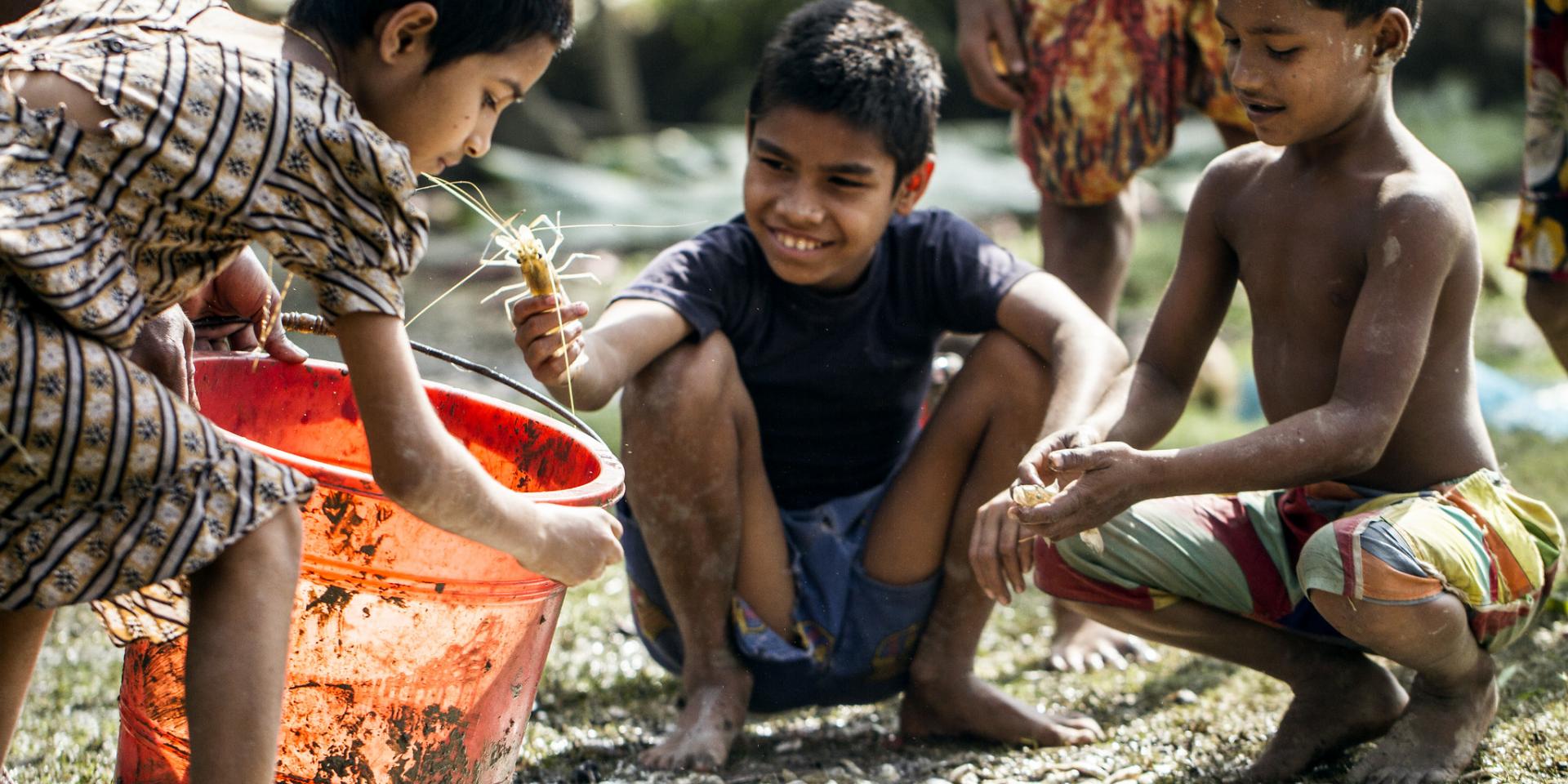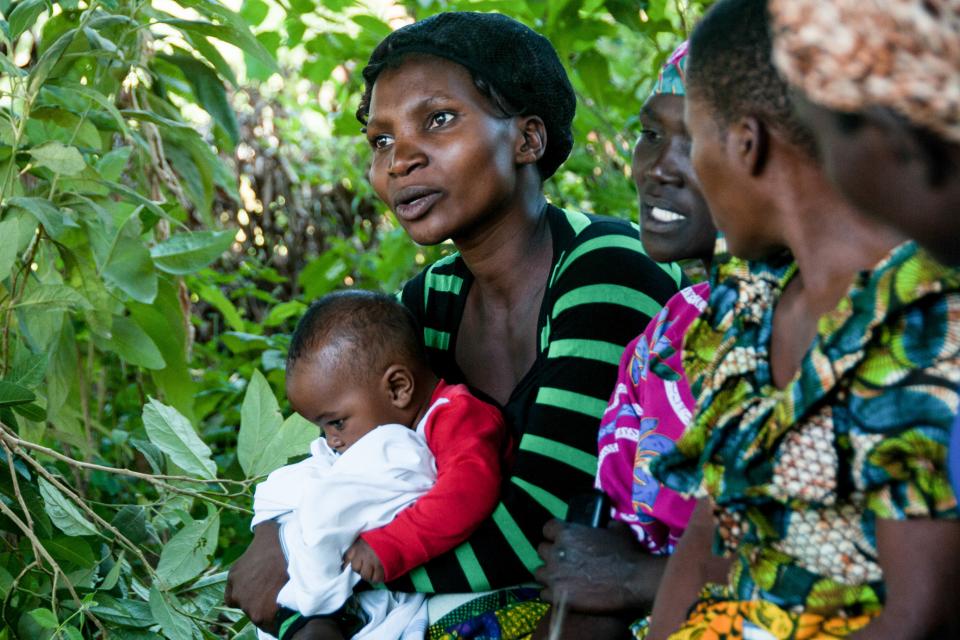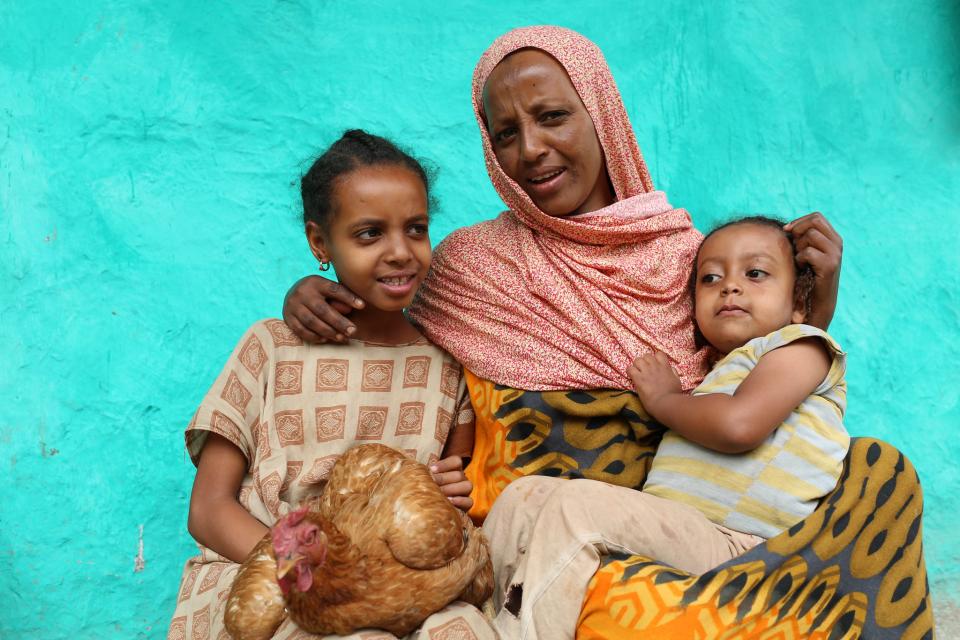IITA and partners combat poor nutrition in women and children
 Photo: CGIAR
Photo: CGIAR
Malnutrition in young children and pregnant women is known to have adverse consequences on their survival and long-term well-being. It also has far-reaching effects on human capital, economic productivity, and national development; changes in diet can help improve mental health, prevent or control many health problems, including diabetes, obesity, and certain risk factors for cancer and heart diseases.
The Federal Government of Nigeria, in collaboration with IITA and other partner organizations, carried out a National Food Consumption and Micronutrient Survey (NFCMS) to assess the micronutrient status and dietary intake of women within the reproductive age of 15–49 years, including pregnant and lactating women, and children aged 6–59 months.
The last NFCMS was undertaken 20 years ago, in 2001. The findings of this study no longer represent the current micronutrient status or dietary consumption patterns of the Nigerian population. Updated information on the population’s micronutrient status and dietary intakes is required for informed, evidenced-based decisions about current and future food and nutrition programming and policymaking in Nigeria.
The current survey also focused on the micronutrient status of non-pregnant adolescent girls aged 10–14 years while identifying key factors associated with poor nutrition in this population. In addition, scientists from the six geopolitical zones in Nigeria participated in the survey to develop strategies for preventing and treating diseases like anemia.


